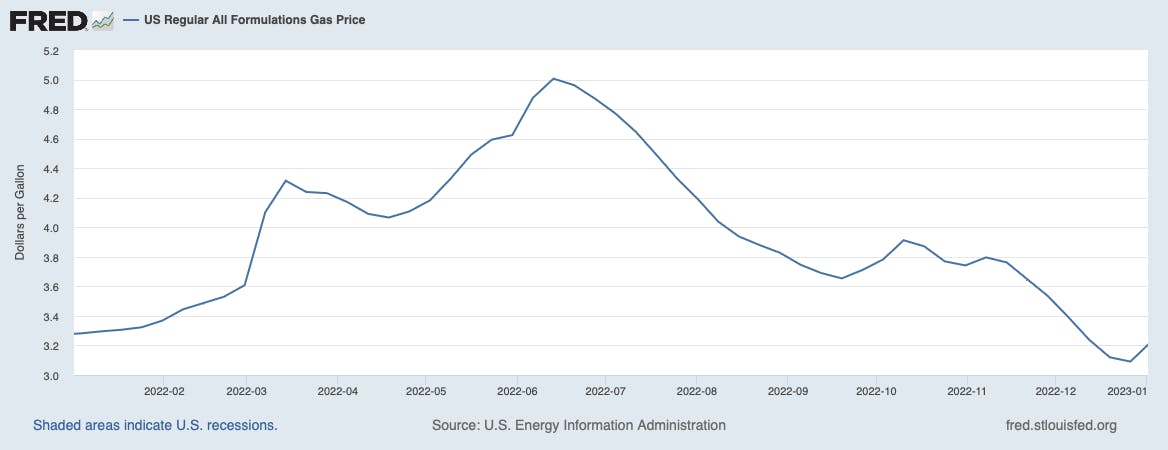Brazilian Lawmaker Urges Foreign Ministry to Begin Extradition of Bolsonaro From Florida
After his supporters attacked government buildings in Brazil, calls are growing for Jair Bolsonaro to be extradited back home.

A Brazilian lawmaker requested Monday that the Foreign Ministry begin the extradition of Jair Bolsonaro from the United States over the attack on Brazil’s government.
Supporters of the far-right former leader invaded and trashed several government buildings in Brasília over the weekend, in an attack that felt frighteningly reminiscent of the January 6, 2021, attack on the U.S. Capitol.
Bolsonaro, who spent New Year’s Eve at former U.S. President Donald Trump’s Mar-a-Lago estate, is still in Florida. He checked into a hospital earlier Monday with severe abdominal pain.
BREAKING 🇧🇷: Federal deputy Erika Hilton has officially submitted a request to the Foreign Ministry to initiate the extradition of Jair Bolsonaro from the United States. pic.twitter.com/QWY43FLEMS
— David Adler (@davidrkadler) January 9, 2023
Erika Hilton, one of the first two openly transgender people elected to the National Congress of Brazil, formally requested that Foreign Minister Mauro Vieira begin the extradition process for Bolsonaro due to “serious events and attacks on the powers of the Federative Republic of Brazil.”
She slammed the riot as the work of “extremist groups” supporting the former president.
Several Democratic officials have also called for Bolsonaro to be extradited, including Representatives Alexandria Ocasio-Cortez, Ilhan Omar, and Joaquin Castro.
Bolsonaro is already at the center of four criminal probes in Brazil for accusations of fraud and abuse of power. The allegations include using the federal police to protect his sons and spreading baseless claims that the October election—which he lost to leftist Luiz Inácio Lula da Silva—was fraudulent.
A veteran, Bolsonaro has often been dubbed the “Tropical Trump” and is an outspoken admirer of the former U.S. leader. The similarities between the two men, particularly in the run-up to Brazil’s election, have been overwhelming. In addition to spreading disinformation and now the attack by his supporters, Bolsonaro also has not formally conceded and skipped his successor’s inauguration.









